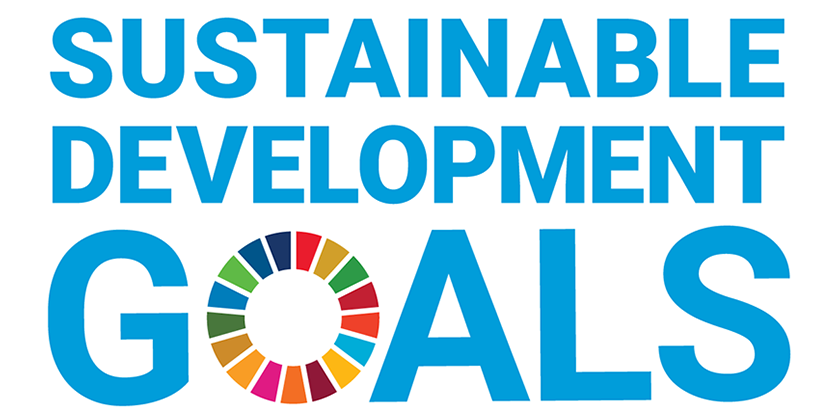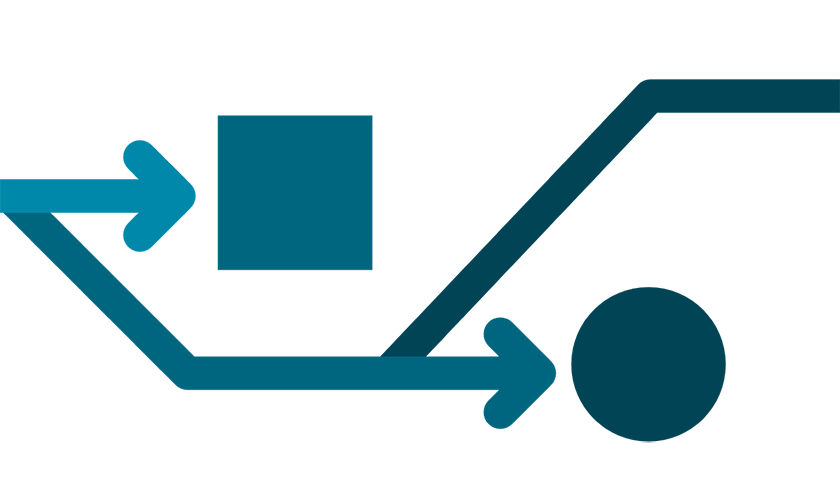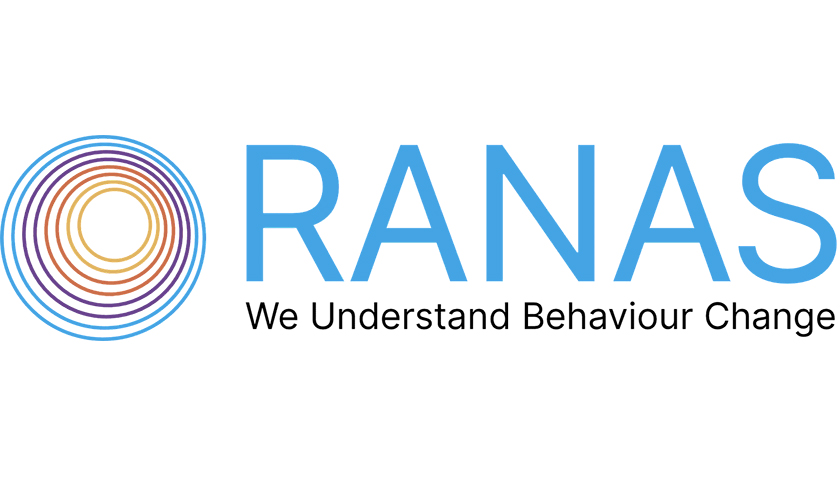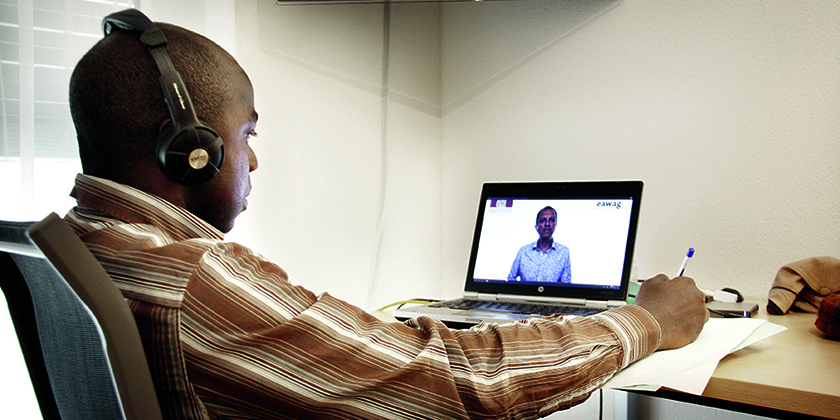Societal Decision Making
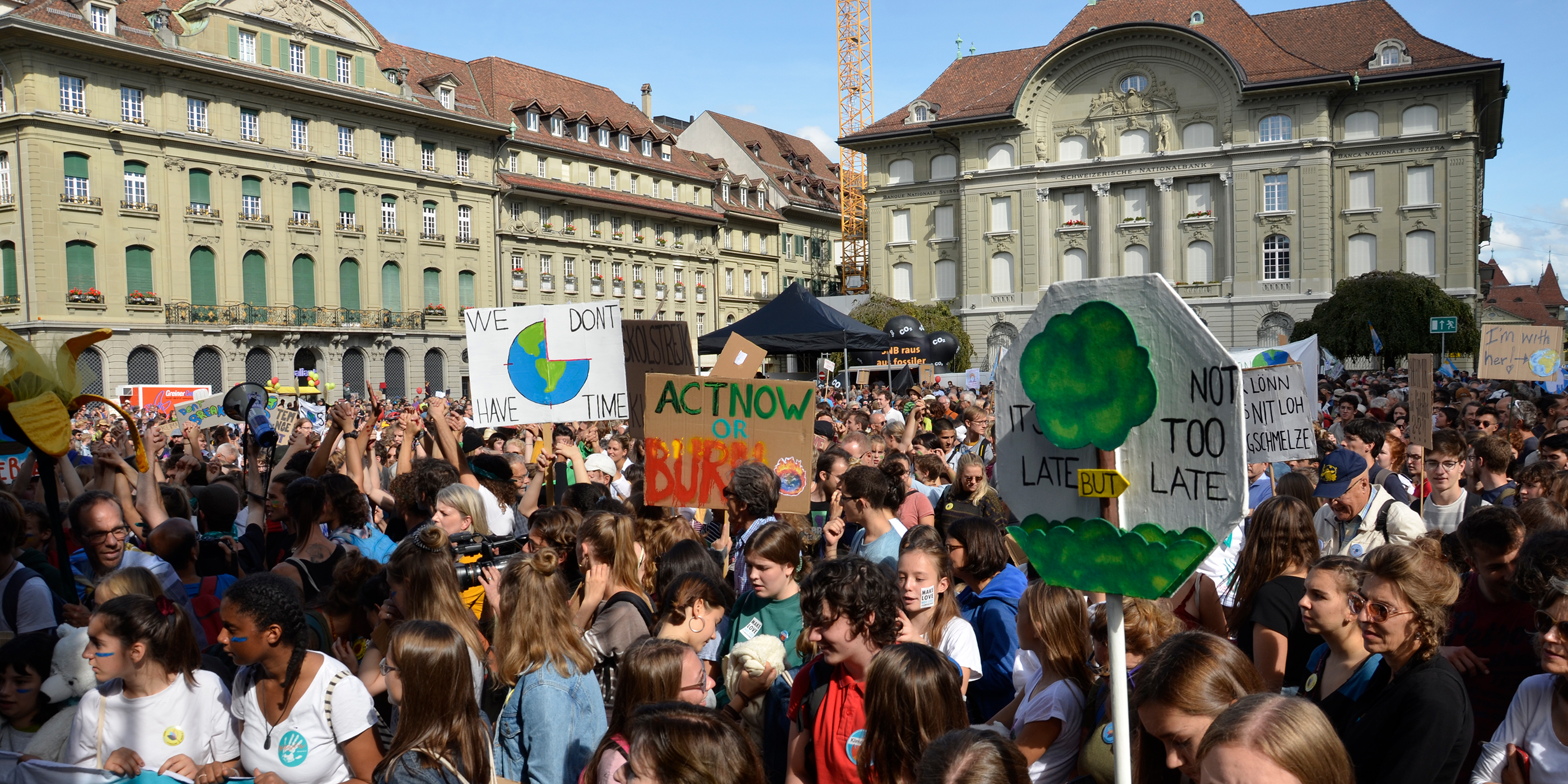
Shaping a sustainable future
Environmental decision-making often involves a clash of interests, needs and goals. Eawag develops concepts for optimising decision-making processes. It also investigates how the transformation towards a sustainable society can be successful and what role research can play in societal decision-making.

Finding sustainable compromises when it comes to water
The demand for water is increasing. But the interests are very different. While some want clean drinking water, others use bodies of water for energy generation and food production. Lakes and rivers also serve as habitats for plants and animals and as recreational areas for people. Water in combination with plants is also gaining importance in residential areas to mitigate the overheating of cities as a result of climate change. This is often referred to as blue-green infrastructure. The sustainable use of water and bodies of water therefore often requires complex decision-making processes and compromises in order to manage water and bodies of water sustainably. In its research projects, Eawag is investigating how this dialogue can be successfully shaped.
Understanding people and their networks
In order to successfully address major global challenges such as climate change or pesticide exposure, it is important to understand how people make decisions and how the different stakeholders interact. What motivates people to rethink and adapt their behaviours? And what prevents people from changing? How do the different interest groups work together: The population, politics, administration, business, associations or NGOs? What status does the environment have in social networks? And what role can and should science play in these networks?

Social transformation towards sustainable development
Many areas of society are facing a transformation today. Examples are energy supply or water supply and processing. A profound transformation is necessary to achieve sustainable use and reuse of natural resources. At the same time, the United Nations has adopted 17 Sustainable Development Goals (SDG) to promote peace and prosperity worldwide, including Goal 6: "Ensure availability and sustainable management of water and sanitation for all". Eawag researchers from engineering, social and environmental sciences are analysing how the transformation to greater sustainability can succeed and how the SDGs can be achieved in inter- and transdisciplinary projects.
Publications for practice
Research projects
Network
We work together with a wide variety of partners.

The network connects actors in Swiss water management and provides structures for cross-disciplinary dialogue (in German).

The Swiss Water Association is an enforcement partner for the federal government, cantons and municipalities and is committed to clean and living bodies of water in Switzerland (in German).

The Sustainable Development Solutions Network unites science, business, civil society, politics and administration to advance the implementation of the 17 Sustainable Development Goals.
The SDC Water Network promotes knowledge management within the water sector worldwide.
Scientific publications
Cover picture: Climate demo on the Bundesplatz square in Bern, 2019 (Photo: Wikimedia)









